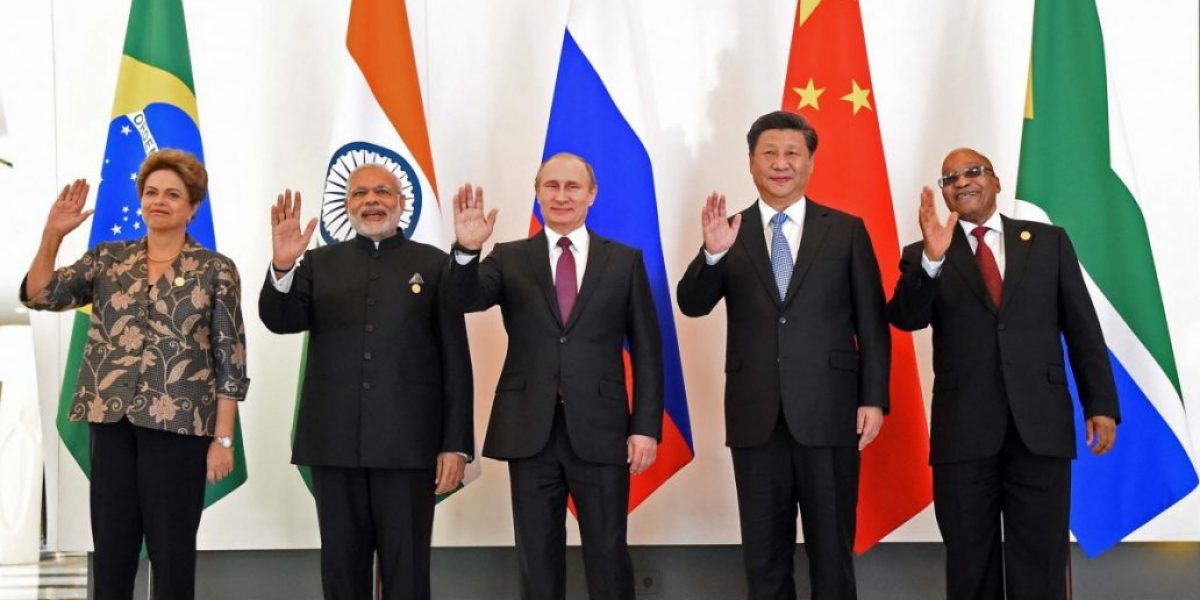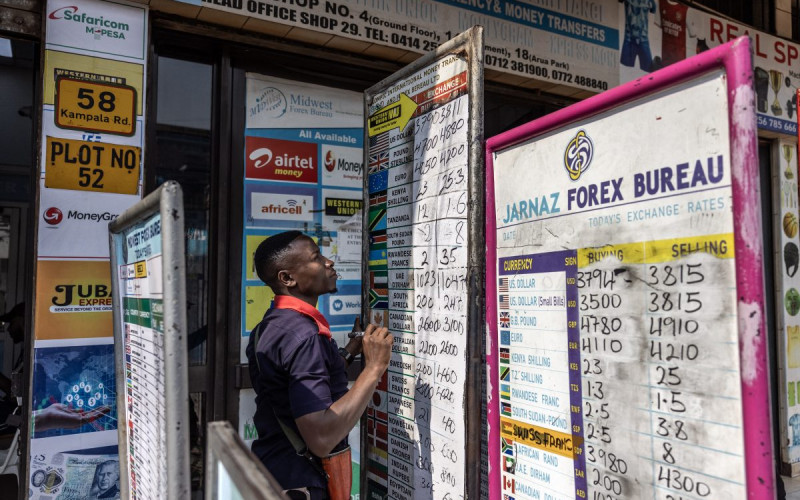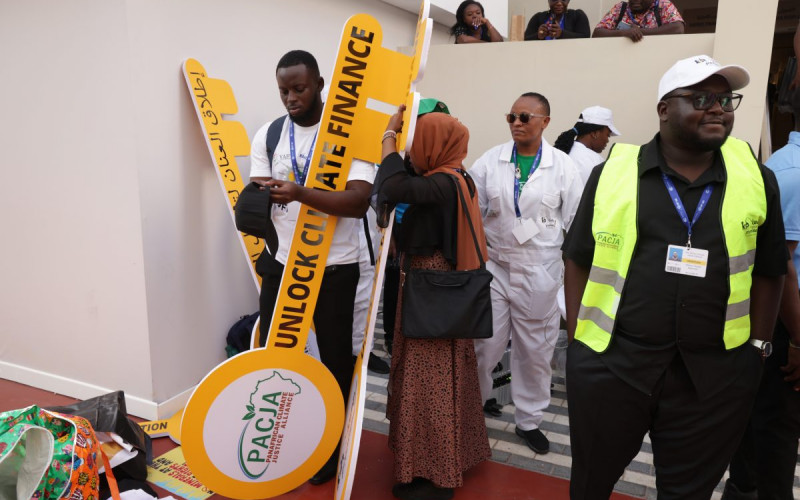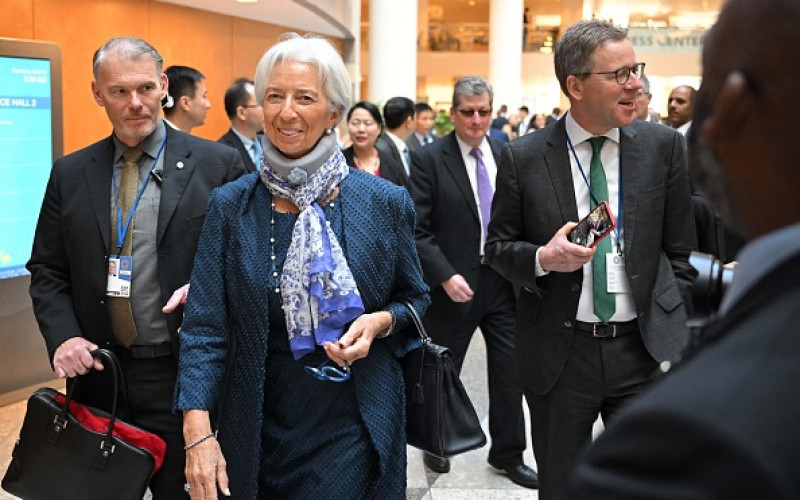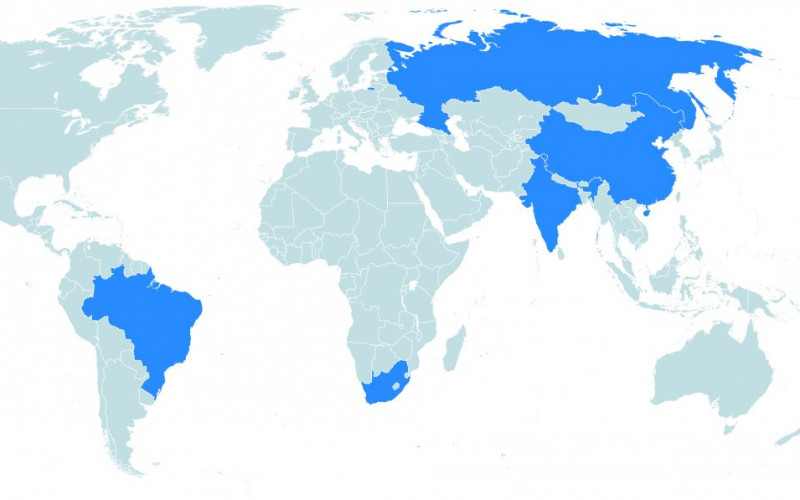Collaboration with South Africa contributes to the creation of the multipolar world order and strengthens Russia’s position in such global governance institutions as the G-20, IMF and the World Trade Organization (WTO). It also helps to create global legitimacy of the multipolar system of international relations. The BRICS arrangement is an important intermediate negotiation ground between individual countries’ interests and the G-20. If member countries define a joint position on some matter within the BRICS format, it will have a higher chance of being approved by the G-20. New opportunities for economic co-operation provide additional benefits.
The study’s results suggest that extensive economic opportunities can be developed through increased economic co-operation between Russia and South Africa. Though historically Russia has had a long-lasting political relationship with South Africa, to date economic collaboration between the countries continues to be very limited, and Russia places more weight on co-operation in international relations rather than on economic opportunities afforded by the BRICS forum. An increase in trade and investment flows is considered as the major area of strengthening co-operation between Russia and South Africa. On the whole, though co-operation within BRICS currently has more political than economic flavour, the development of further economic co-operation, along with an improvement in political relations, will make the overall BRICS forum more credible and reliable, as well as improve its members’ position within the G-20.

